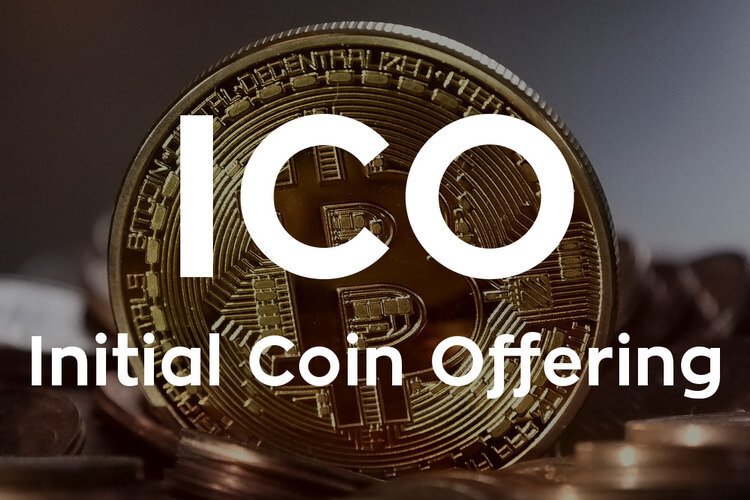ICO or venture financing: what is better for start-ups?
09 October 2017 21:00, UTC
 Over the past year, the amount of money raised by various start-ups via classical venture financing turned out to be 2 times less than the amount raised by start-ups through the ICO (issue and distribution of their own digital tokens and selling them to a wide range of people). It is a new method of fundraising through crowdsale for business and projects at an early stage. The figures speak for themselves. Such a rapid growth of ICO is due to the enormous success of many start-ups, that raised tens of millions of dollars this summer in a matter of days, and sometimes hours, as well as a sharp increase in the rate and total capitalization of cryptocurrency.
Over the past year, the amount of money raised by various start-ups via classical venture financing turned out to be 2 times less than the amount raised by start-ups through the ICO (issue and distribution of their own digital tokens and selling them to a wide range of people). It is a new method of fundraising through crowdsale for business and projects at an early stage. The figures speak for themselves. Such a rapid growth of ICO is due to the enormous success of many start-ups, that raised tens of millions of dollars this summer in a matter of days, and sometimes hours, as well as a sharp increase in the rate and total capitalization of cryptocurrency.Venture financing differs a lot from the distribution of tokens (ICO). While attraction of classical investments is well regulated and the documents protect the rights of both investor and start-up, ICO is more often completely uncontrolled from a legal point of view. Since in most countries ICO is not regulated, investors have additional risks, and as a result scammers have more opportunities. At the same time, if a fraudulent project (scam) raised money through ICO and did not fulfill its promises, its creators still bear criminal responsibility. There is already a number of precedents.
When choosing a type of financing, companies should be guided by their business model and strategy. Crypto tokens are not always appropriate. Do not forget that ICO was invented for blockchain projects. In addition, when start-up owners equate tokens to securities by promising redemption of tokens in the future, payment of dividends, there is a risk of violating the laws on securities in many countries and investors risk ending up the financial pyramid.
Venture financing is closer to projects, that feel better when working with 2-3 major investors. However it can impose much more obligations, accounting and sometimes be detrimental to a business at an early stage. One venture investor, on average, funds $500,000, while one ICO investor, on average, purchases tokens for $2,000. On the other hand, ICO obliges teams to report not to 2-3, but to thousands of people from all over the world.